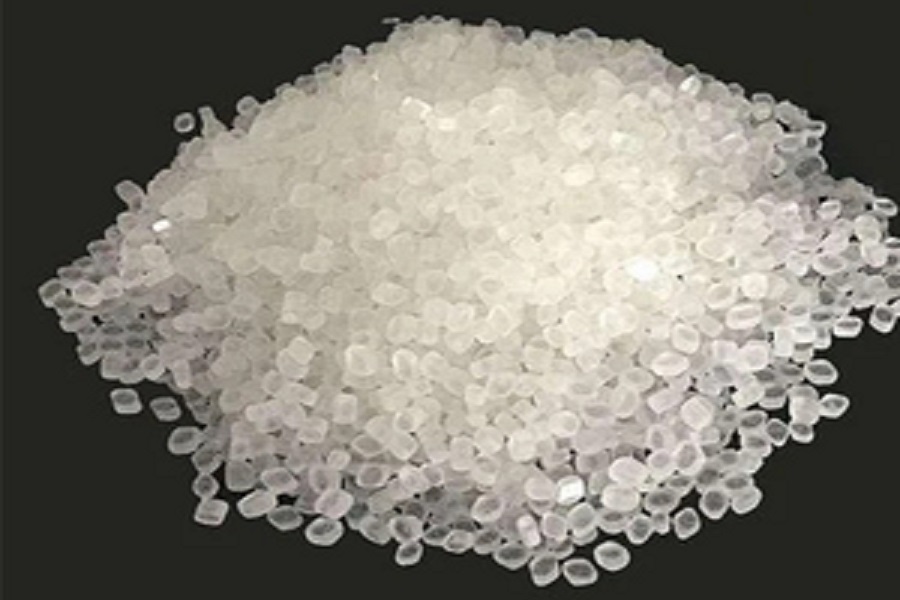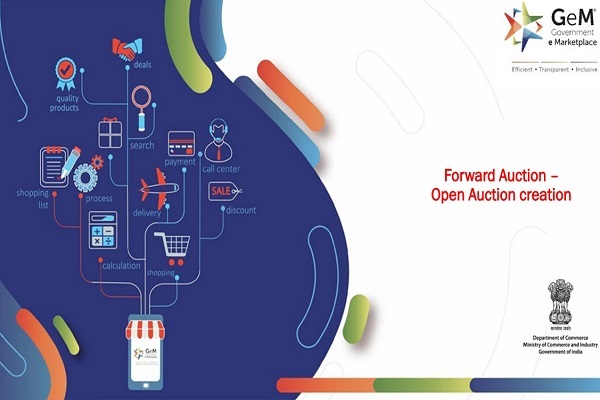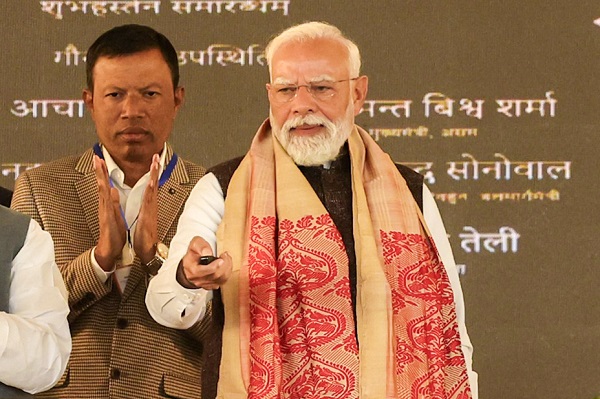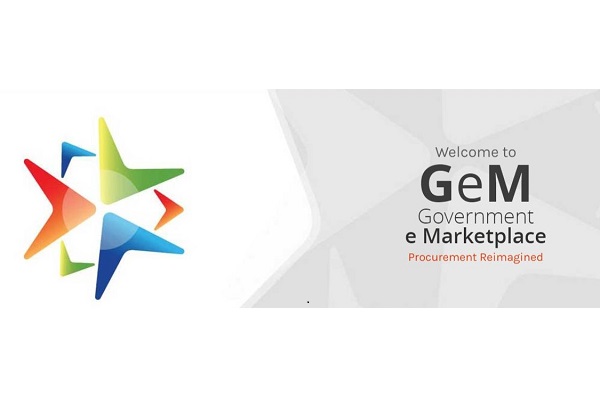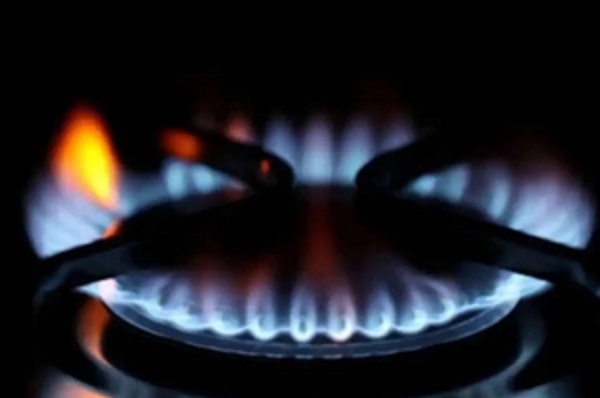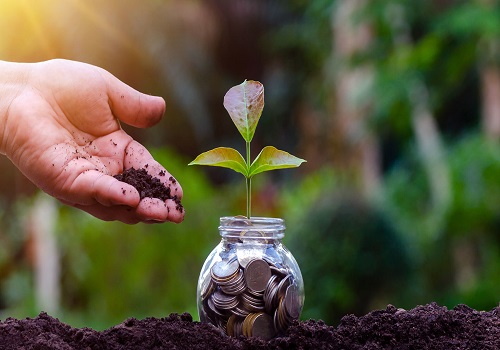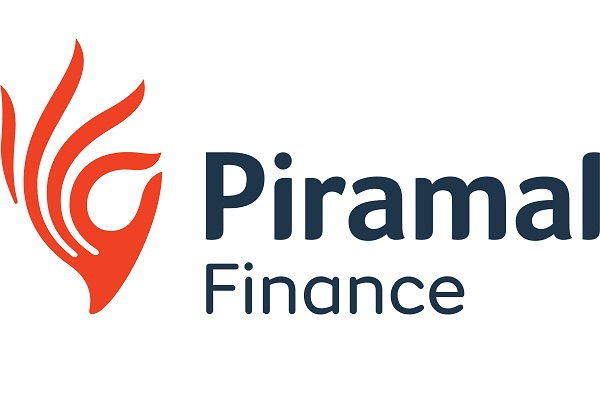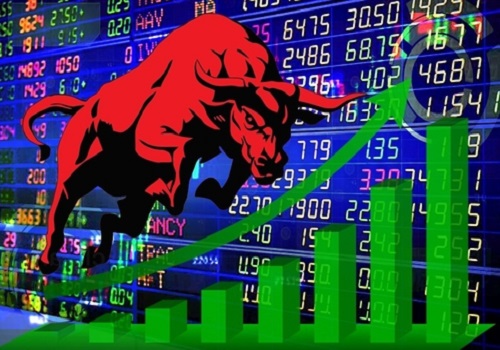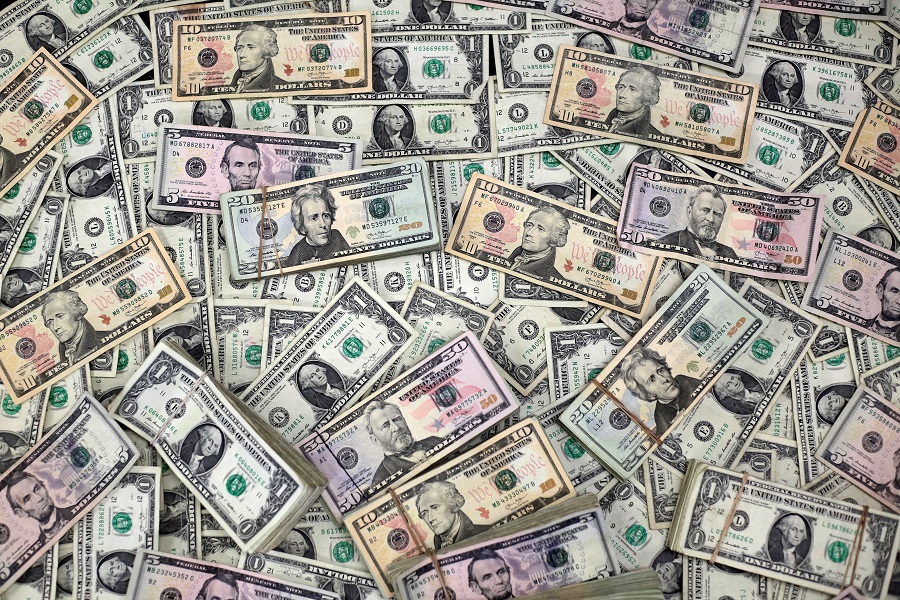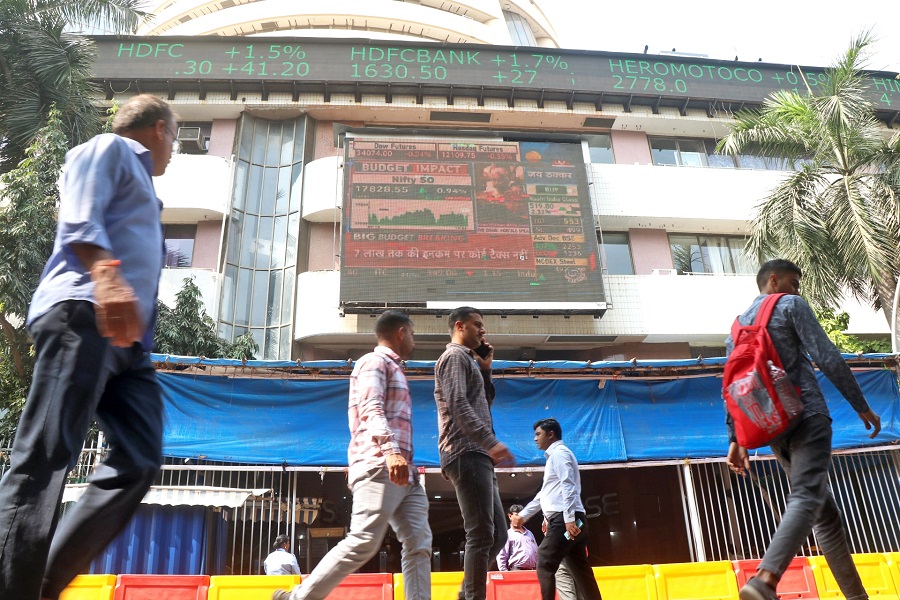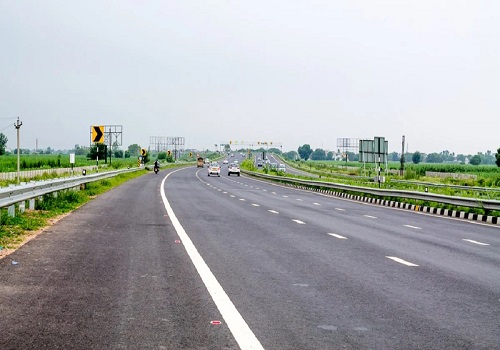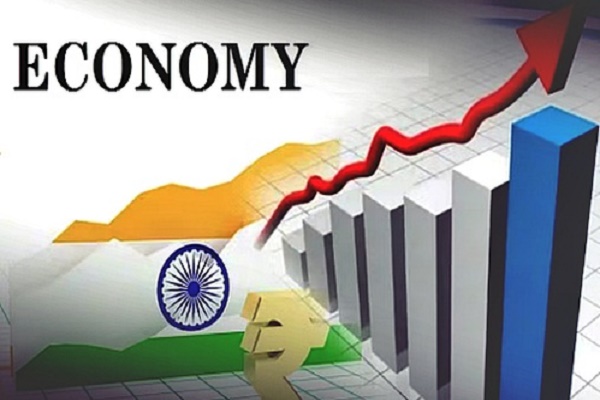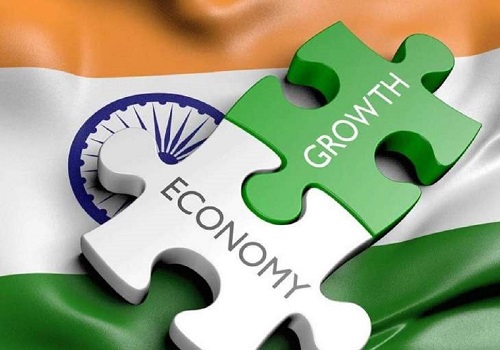No question of India getting into stagflation or recession like other major economies of world: Nirmala Sitharaman
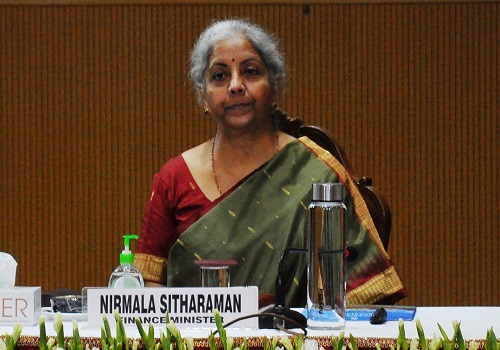
Highlighting Country’s robust economic health despite the COVID pandemic and geo-political situation, Union Finance Minister Nirmala Sitharaman has said there is no question of India getting into stagflation or recession like other major economies of the world. Sitharaman said, ‘We have never seen a pandemic of this kind. All of us were trying to make sure that people in our constituencies are given extra help. I recognise that everybody -MPs and state governments have played their role. Otherwise, India would not be where it is compared to the rest of the world.’
She also said ‘So, I fully credit the people of India for this. Even against adversity, we are able to stand up and be recognised as the fastest growing economy.’ She emphasized that due to the measures taken by the government, India is in a much better position than most countries. Besides, she said the Gross Domestic Product (GDP) of the US fell 0.9 per cent in the second quarter following a 1.6 per cent decline in the first quarter. They start it calling an unofficial recession. She added ‘Pandemic, second wave, Omicron, Russia-Ukraine (war), even today largest supply components in China are under lockdown. In spite of that, we have held inflation well within 7 per cent or below. That has to be recognised.’
Moreover, she said 4,000 banks in China are reported to be going bankrupt. In India, the gross NPAs (Non-Performing Assets) of scheduled commercial banks is at a 5-years low of 5.9 per cent in 2022. So our NPAs are improving. The government debt to GDP Ratio of many countries is in triple digits including Japan, Greece, Bhutan, Singapore, the US, Portugal, Spain, France, Sri Lanka and Canada. But the central government very consciously controlled its debt and it is at 56.29 per cent of the GDP at the end of 2021-22 compared to the 59.9 per cent revised estimate that year.

